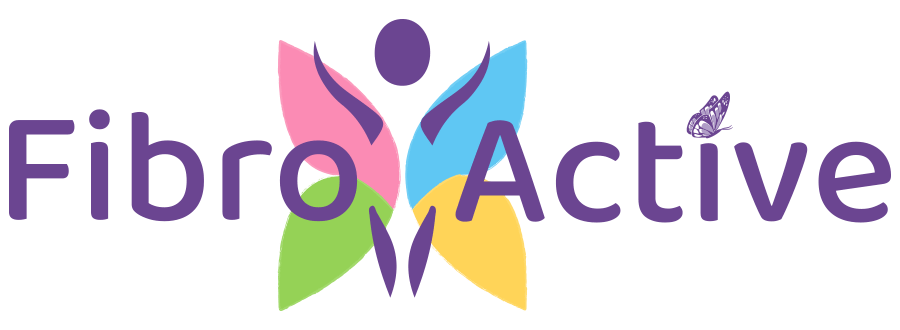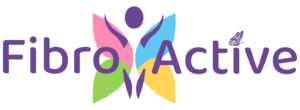Headaches: Fibromyalgia Symptoms
Fibro Symptoms are most debilitating when they affect the brain, head or face. This is due to the proximity within all our senses and the effects on them. The symptoms are quite diverse, creating emotional effects, sleep disturbances, hypersensitivity to lights, noise and chemical toxins and all accompanied by a range of pain.
Different types of headaches

Migraines
Intense pain on one side of the head always repeated in the same area. It is accompanied by disturbances of vision and hearing, nausea and vomiting.

Headaches caused by digestive problems
Headahces accompaned by stomach, kidney, intestinal and gallbladder ailments. Sometimes linked with overindulgence of alcohol, feed sensitivies and food additives.

Sinus headaches
Inflammation of the lining of one of the eight sinus cavities can cause a deep, dull chronic ache around the eyes, nose and head.

Anxiety headaches
Pain crosses the forehead.

Tension headaches
These muscle contraction headaches cause mild to moderate pain from the neck to the forehead.
TMJ (Temporomandibular Disorder)
Conditions that affect are associated with the jaw muscles and facial nerves. The onset of TMJ can occur when the jaw twists during movement encompassing opening, closing and lateral motion. The following symptoms may manifest when experiencing TMJ.
Tenderness in the face that can be painful with focus in the jaw bone joint areas, in or around the ear when chewing, speaking and yawning and across the neck and shoulders.
- Difficulty and pain when trying to open the mouth wide
- Static lock when the mouth is either in the open or closed position
- Audible grating, clicking and popping sounds emanating from the jaw joint when chewing, opening and closing the mouth.
- A feeling of tiredness in the tissue of the face
- Difficulty in chewing often with a sudden, uncomfortable bite which might be experienced as a sensation of the upper and lower teeth bows not fitting properly together.
- The side of the face can feel swollen
- Oversensitivity of the teeth even when there are no underlying dental problems to be found
- Dizziness
- Earache
- Hearing issues including tinnitus
- Pain in the upper shoulders
The cause of TMJ
- Arthritis
- Incorrectly formed bite from upper and lower teeth misalignment
- Sustained physical injury to the muscles in the head, neck, jaw and joint sections. A heavy impact or whiplash can sometimes lead to TMJ
- Increased joint pressure caused by clenching and grinding of teeth
- Wear and displacement upon the soft cushion or disc that is between the ball and socket of the joint (arthritis)
- Stress leading to facial muscle tightening and teeth clenching

TMJ – The link with stress
Currently stress is believed to a notable factor in TMJ. Undertaking strenuous physical tasks including the lifting of heavy objects can exacerbate TMJ through the overuse of jaw muscles. Stressful environments and situations can lead into TMJ with emphasis on clenching and grinding teeth commonly known as Bruxism.
It is worth discussing any issues with your dentist that you feel are outside regular dental pain experiences, they will be able to talk you through the diagnostic process for TMJ.
Although headaches are triggered differently, there are some general things you can do to help.

Identify your baseline limitations and try to stay within them

Drink plenty of water

Avoid any food triggers

Reduce your screen time

Get your eyes tested

Identify any multiple chemical sensitivities
Such as air fresheners, cleaners, lighting, etc.
Reducing your stress levels by doing gentle exercise and relaxation such as Tai Chi and Qigong can also help with headaches. Fibro Active offer Tai Chi classes to their members.
Programmes and activities that Fibro Active offer to help manage your symptoms
Fibro Active have several programmes and activities that can help you with your symptoms of Fibromyalgia. We focus on a healthy lifestyle, gentle exercise and sharing information whilst supporting it's members to accept and manage their illness in a positive and friendly atmosphere.
Tai Chi & Qigong Classes
Tai Chi for Arthritis is designed to enable people to be active when they are unable to participate in other forms of exercise. For more information as well as times and dates please visit our Tai Chi page.
Fibro Podcast
Tune in to our Fibro Podcasts, where we showcase candid discussions, expert insights, and personal narratives addressing diverse facets of life with Fibromyalgia and Chronic Fatigue Syndrome.
Bulletin Board
For additional details about the group, explore our Bulletin Board. There, you'll discover current information on all the activities the group engages in, ranging from upcoming events to the group program.












